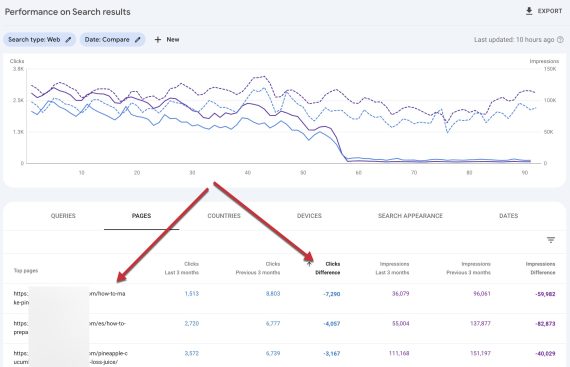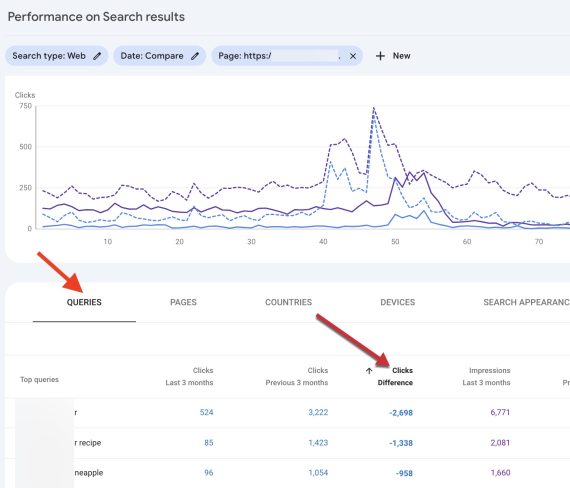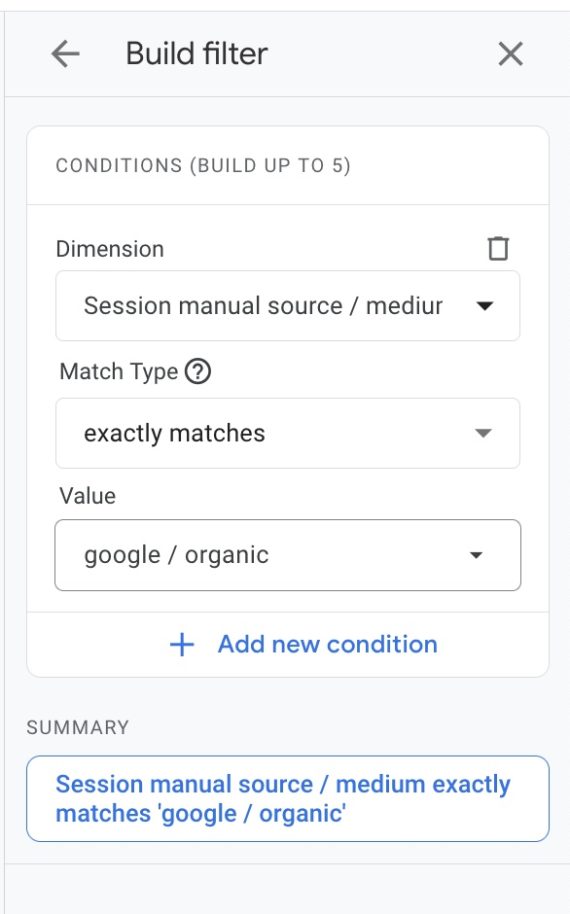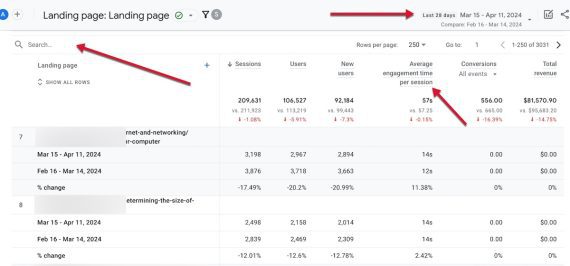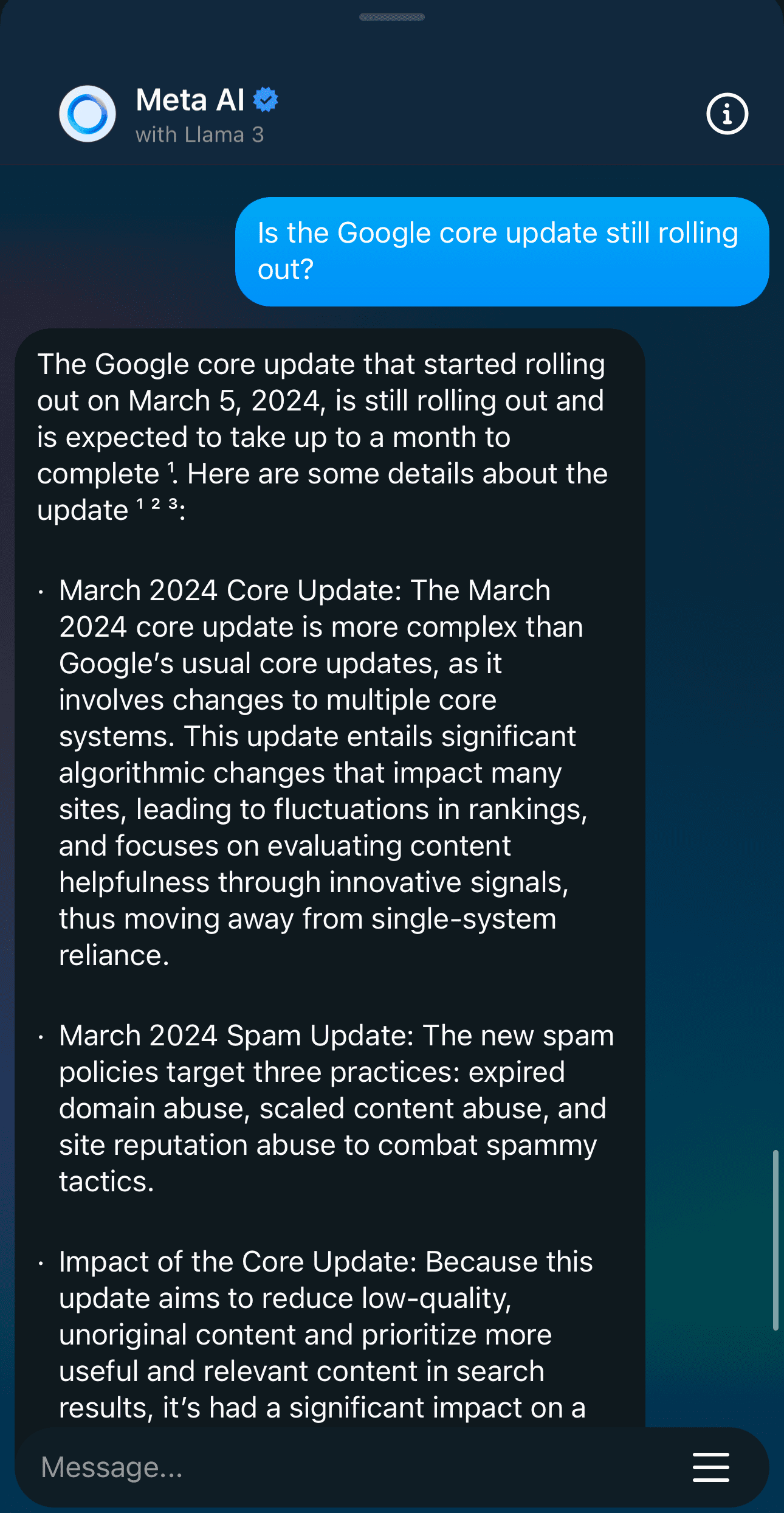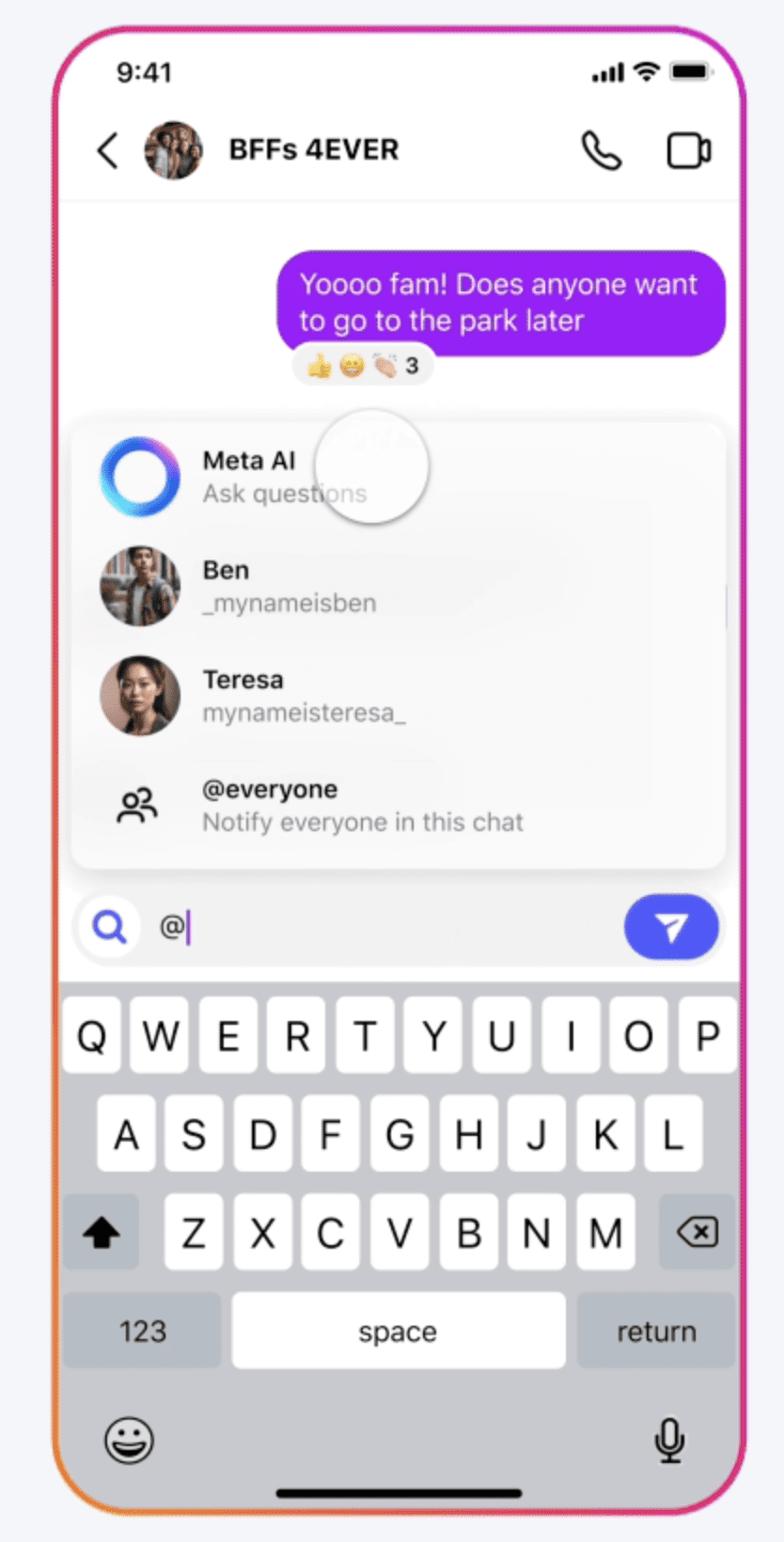Google Answers Whether Having Two Sites Affects Rankings via @sejournal, @martinibuster

Google’s John Mueller answered whether having two sites could negatively affect search rankings. His answer is surprisingly applicable to different ways of interpreting the question.
Can Having Two Sites Affect Rankings?
A person submitted a question to Google where they wanted to know if having two sites could negatively affect their rankings. The question as reproduced in Google is concise and also a little vague which leads to the outcome that the question can be answered in way that’s different from the way that Mueller answered it.
This is the question:
“My rankings have dropped due to Google finding out I have two websites. Is this correct?”
Google’s John Mueller answered:
“No. That’s not likely. Many people have several websites. Separate websites are not a problem.
The issue is often more indirect: if you work on a lot of websites, you’re not going to have a lot of time to make truly awesome websites everywhere. And, if you’re making websites that aren’t awesome, then that can be something which our algorithms pick up on when it comes to recommending your site to others.”
A Different Way To Answer The Question
John Mueller answered the question under the assumption that the two sites in the question are on different topics. He prefaced his answer by saying that many “people have several websites” which is true.
But many people don’t have multiple websites on the same topic. The person asking the question was vague about whether the sites were about different topics, too.
It’s very possible that the sites are on the same topic, in which case it makes sense why they may be concerned that Google found out about the two sites because it could be seen as trying to game Google. After all, who worries about having multiple sites on different topics?
If the sites were on the same topic then the answer to the question is somewhat different.
One of the important considerations when one person controls multiple sites on the same topic is that they’re doing it for ranking purposes which is not a good starting point for any website.
I’m not saying there’s something corrupt about the practice but I am saying that it’s not really the best starting point for creating signals of quality. It’s not a matter of someone thinking that they’re going to create multiple high quality sites for users, right?
Another reason why people create multiple sites for ranking (and not quality) is because people feel if they split up a topic into subsidiary subtopics they can create stronger sites about those related subtopics as opposed to one site with multiple related subtopics.
But what almost inevitably happens is that they wind up running multiple related sites that could be stronger together as one authoritative website.
I asked Bill Hartzer of Hartzer Consulting (Facebook profile) if he thought multiple sites on the same topic could affect rankings.
Bill agreed with me and shared:
“A lot of people, after building a website that ranks well, will think that they can simply create another website on the same topic and “make double the money” or get “double the traffic” and it’s simply not true.
Companies will also have one main website, but they’ll create a separate website on a separate domain name for each of their products or services. Over the past 10 years or so, that hasn’t been a good strategy. While it’s good to register the domain names of your products or services, it’s better to combine all those websites into one main, more authoritative website.
Typically if they’re on the same topic, one website, the original site, will continue to rank well. But the second website doesn’t rank as well. In most cases, it’s always better to combine the websites into one website.”
Multiple Sites And Rankings
John Mueller is right that publishing multiple sites (on different topics) could compromise a person’s ability to focus on one site to make it outstanding, remarking that there’s an indirect negative effect on rankings. He is also correct in saying that it’s unlikely to have a direct negative effect on rankings.
Changing the question to whether there’s an effect on ranking if the multiple sites are on the same topic, then the answer becomes more nuanced but follow a similar trajectory as Mueller’s original answer that it detracts from being able to create one outstanding site and can lead to a person creating multiple middling sites.
But that’s not necessarily a foregone conclusion when a person is creating multiple sites on different topics. It’s absolutely possible to create multiple sites on different topics and to be successful at it. It might be hard for one person alone to pull it off but it’s not difficult to do when multiple people are working on the websites creating content and focusing on promotion.
Watch/listen to the Google SEO Office hours at the 33 second mark:
Featured Image by Shutterstock/Asier Romero


